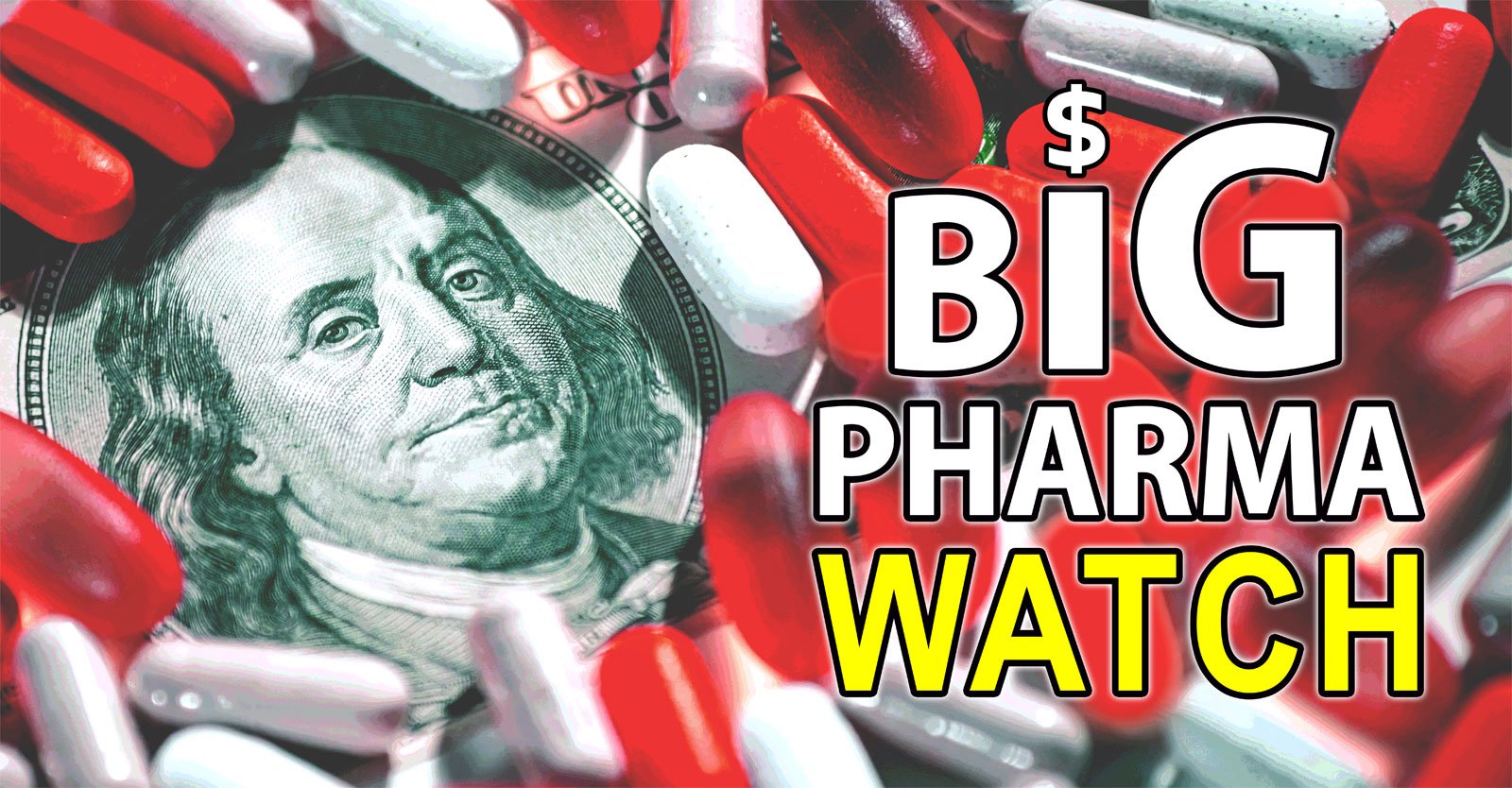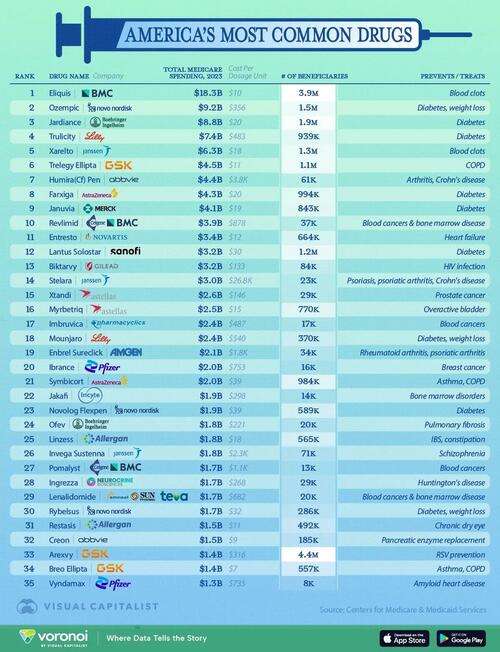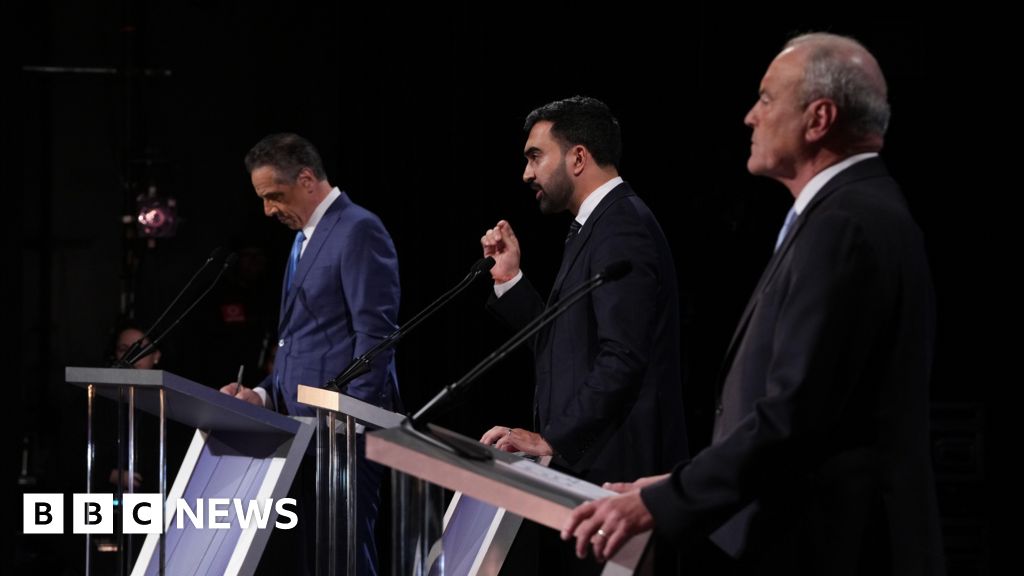New Jersey Plans Free COVID-19 Vaccine Clinics for Children + More

Source: Children’s Health Defense
New Jersey Plans Free COVID-19 Vaccine Clinics for Children
New Jersey’s Department of Health says it plans to buy COVID-19 vaccines for children under the age of three, after some families reported problems getting their children vaccinated with the updated shots. Children who are six months to three years old need special pediatric doses, given at a clinic or doctor’s office.
But several parents — including Marissa Mizeski of Long Valley — have complained that their pediatrician’s office had not stocked the correct vaccine for that age group. Mizeski has spent a month trying to get her six-month-old daughter, Juniper, a COVID-19 shot. “I don’t want to take any chances. And if I can get her vaccinated, we’re gonna, she’s starting daycare in a month. It’s a small daycare, but like I’m a teacher, so anything’s possible,” Mizeski said.
“I’m so happy that we have a governor that is so great with all this, but it’s not available to everybody who needs it. And that’s the problem right now.” Mizeski requested Gov. Phil Murphy’s help, during a recent “Ask Governor Murphy” show. Mizeski said she searched for a month to get Juniper a COVID-19 shot and Murphy indicated he’d work on it. But it’s a complicated issue to solve.
More Texas Kindergarteners Enrolled Without Measles Shot Proof
Before the pandemic helped fuel the growth of vaccine politicization across the country, less than 1% of Austin school district’s kindergarteners in the fall of 2019 failed to comply with the state’s vaccine reporting requirements. Five years later, Austin Independent School District had some of the state’s highest number of kindergarteners who neglected those state requirements — about 1 in 5 kindergarteners had not proven they were fully vaccinated against measles and did not file an exemption.
A Texas Tribune analysis has found that this explosion of vaccine non-compliance has played out across many school districts in the state in recent years, helping to push Texas’ measles vaccine coverage to the lowest it’s been since at least 2011.
“We definitely were on a better trajectory [before the pandemic],” said Alana Bejarano, executive director of health services and nursing for the Austin school district, which reported a 23% delinquency rate for the measles vaccines among their kindergarteners.
Merck & Co. Starts Building Virginia Site, Part of $70B in Planned US Investments
Joining its big pharma fellows, Merck & Co. announced on Monday that it’s committing more than $70 billion to build out its U.S. manufacturing and R&D capabilities. As part of its planned investments, the drugmaker said it has broken ground on a $3-billion manufacturing facility in Elkton, Virginia, and laid additional construction plans in New Jersey and elsewhere in the U.S.
The 400,000–square-foot Center of Excellence for Pharmaceutical Manufacturing in Elkton will produce both active pharmaceutical ingredients and drug products for Merck’s small-molecule portfolio. The drugmaker estimates that the facility will create more than 8000 construction jobs, as well as 500 full-time roles.
Merck said it will also spend $3.5 billion to expand its New Jersey headquarters in Rahway, adding about 1000 positions in research and clinical manufacturing. The drugmaker is committing an additional $3 billion for other biologics and small-molecule manufacturing sites in the U.S., which could generate more than 800 jobs. Altogether, the pharma expects to create more than 48,000 construction-related jobs by 2029.
How Eli Lilly Became the New King of the Anti-Obesity Drug Market
Eli Lilly is poised to leapfrog Novo Nordisk and become the dominant player in an anti-obesity drug market that could reach $150 billion by the end of the decade. Why it matters: The push to develop blockbuster weight loss drugs had been a two-horse race dominated by Novo Nordisk until the maker of Wegovy and Ozempic started backsliding on weaker sales growth.
Since then, it’s laid off thousands and revised earnings guidance downward.
While Novo leads in sales for the moment, Eli Lilly’s dual-agonist injectables have shown better efficacy in clinical trials and are said by doctors and patients to be more tolerable, market analysts say. The Indianapolis-based Lilly has also led in direct-to-consumer sales of GLP-1s and has a stacked pipeline of next-generation obesity treatments — including daily pills that could be more convenient and easier to manufacture than injectable versions.
Pharma market intelligence firm Evaluate projects Lilly’s sales of its flagship obesity drug Zepbound will reach $18 billion next year, surging past the expected $16.5 billion in sales for Wegovy, said Ben Folwell, Evaluate’s business, development and licensing lead. Lilly has two new injectable anti-obesity drugs in trials. One mimics three separate gut hormones including GLP-1 and glucagon — which early data suggests could be one of the most potent weight loss hormones.
Recent Top Stories
Sorry, we couldn't find any posts. Please try a different search.











